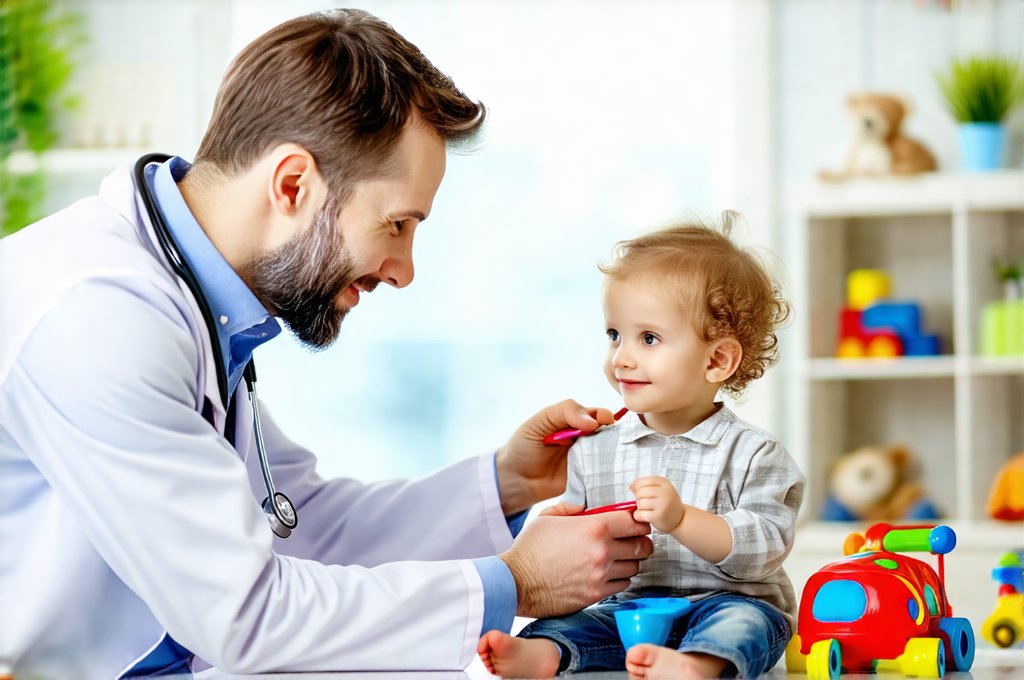Traveling with children is often an exhilarating experience filled with new sights, sounds, and memories. However, beneath the surface of excitement lies a potential for disruption, particularly concerning basic bodily functions like urination. Children are creatures of habit, and their routines provide a sense of security. When these routines are altered – through travel, changes in diet, or even simply a different environment – it can surprisingly impact bladder control and lead to accidents, regressions in potty training, or increased frequency of needing to go. Understanding why this happens is the first step towards navigating these challenges with patience and effectiveness. It’s not necessarily a sign of regression or a problem requiring immediate medical intervention; often, it’s a normal response to change that resolves as children readjust.
The physiological and psychological factors at play are complex. A child’s bladder control isn’t simply about physical development; it’s deeply intertwined with emotional state, environmental cues, and established habits. Travel inherently introduces stress – even ‘fun’ travel! – through unfamiliar surroundings, altered sleep schedules, different foods, and changes in daily activities. This stress can influence bladder function directly, increasing the likelihood of accidents. Furthermore, the excitement associated with a trip may distract children from recognizing their body’s signals, or they might be hesitant to interrupt playtime to find a restroom. It’s important to remember that even seemingly minor changes can throw off a young child’s delicate system and that proactive preparation and understanding are key to managing these situations successfully. Understanding the connection between bladder pain and emotional state is also beneficial for parents.
The Physiological Impact of Travel on Child Urination
Travel often involves significant shifts in routine, directly impacting the physiological processes related to urination. One major factor is hydration. When traveling – especially by air or car – children can become dehydrated more easily due to changes in climate and activity levels. Dehydration concentrates urine, making it irritating to the bladder and potentially increasing urgency and frequency. Conversely, increased fluid intake (often from exciting travel drinks like juice or soda) without adequate bathroom breaks can overload the bladder.
The environment itself plays a role. New environments can be psychologically stressful for children, triggering an increase in cortisol levels – a stress hormone that can affect bladder function. Additionally, unfamiliar restrooms might feel less safe or comfortable, leading to hesitancy and potential accidents. Changes in altitude, particularly during air travel, can also influence kidney function and urine production, though this is usually more pronounced in adults. Maintaining consistent hydration and creating a sense of security are paramount. Recognizing how pelvic floor dysfunction can contribute to these issues is also helpful.
Finally, dietary changes are almost inevitable when traveling. Different foods can act as diuretics (increasing urine production), or conversely, may cause constipation which puts pressure on the bladder. A simple shift from a familiar diet to one with more sugary drinks or processed snacks can noticeably alter urination patterns in children. Recognizing these physiological factors allows parents to proactively adjust their approach and minimize disruptions.
Addressing Potty Training Regression During Travel
Potty training regression is a common concern for parents when traveling, often manifesting as accidents after a period of consistent dryness. It’s crucial to understand that regression isn’t necessarily a setback, but rather a normal response to stress and change. The child hasn’t “forgotten” how to use the toilet; they are temporarily reverting to earlier behaviors as a coping mechanism.
- Avoid punishment or scolding: This will only increase anxiety and exacerbate the problem. Instead, offer reassurance and positive reinforcement.
- Maintain consistency where possible: Even when traveling, try to stick to familiar routines around bathroom breaks – for example, prompting them at regular intervals even if they don’t ask.
- Pack comfort items: A favorite potty seat or a familiar storybook can help create a sense of normalcy in an unfamiliar restroom.
If regression persists for an extended period after returning home, it might be worth discussing with a pediatrician to rule out any underlying medical issues, but generally, patience and understanding are the most effective approaches. Remember that travel is meant to be enjoyable, and focusing on minimizing stress will benefit both you and your child. It’s important to consider how certain fabrics might also contribute to discomfort during this time.
Managing Increased Urgency and Frequency
Increased urgency and frequency of urination during travel can be particularly challenging, especially for children who are still developing bladder control. Several strategies can help manage this:
- Proactive Bathroom Breaks: Don’t wait for your child to ask; schedule regular bathroom breaks throughout the journey, even if it seems excessive. This is especially important during long car rides or before and after activities.
- Limit Diuretics: Reduce intake of caffeinated beverages, sugary drinks, and foods known to increase urine production (like watermelon). Water remains the best choice for hydration.
- Address Constipation: If constipation is a factor, ensure your child receives adequate fiber in their diet and stays hydrated.
If increased urgency seems severe or accompanied by pain or discomfort, it’s important to consult with a pediatrician to rule out any potential urinary tract infections or other medical conditions. It’s also worth considering that anxiety can play a role; calming activities and reassurance can help reduce stress and minimize the urge to urinate frequently. A connection may exist between bladder infections and increased urgency, so seeking medical advice is important.
Preparing for Travel: A Proactive Approach
Proactive preparation is arguably the most effective way to mitigate disruptions in urination during travel. This involves several steps:
- Pre-trip conversations: Talk to your child about the trip, explaining what to expect regarding changes in routine and bathroom facilities.
- Pack a “potty kit”: Include essential items like extra underwear, wipes, a portable potty seat (if applicable), and disposable bags for accidents.
- Plan restroom stops: Identify potential restroom locations along your route or at your destination. Apps can be particularly helpful for this.
- Adjust travel schedule: If possible, avoid overly packed itineraries that might increase stress and reduce opportunities for bathroom breaks.
Ultimately, understanding the interplay between physiological changes, psychological factors, and routine disruptions is crucial for navigating these challenges effectively. By approaching travel with empathy, preparation, and a focus on creating a sense of security, parents can minimize stress and ensure a more enjoyable experience for both themselves and their children. Remember that accidents happen, and a calm, supportive response will always be the most helpful approach.





















